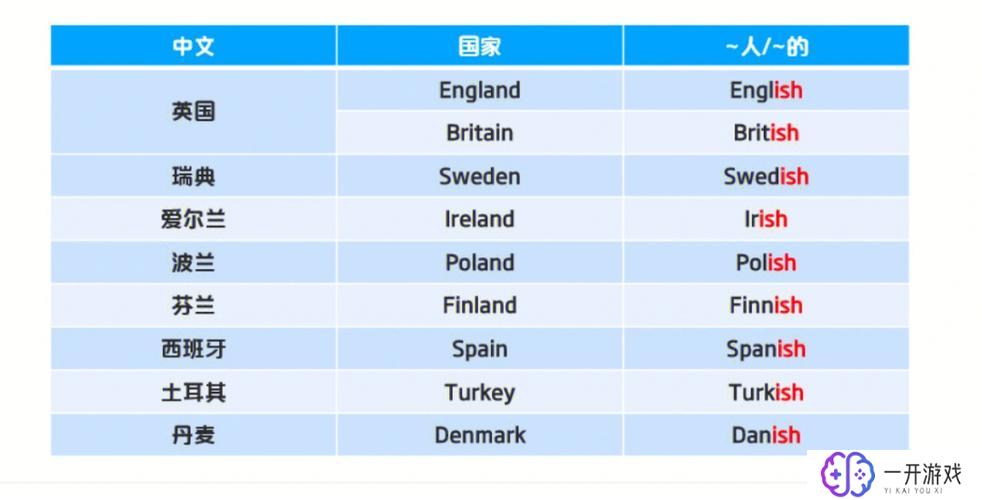Introduction
Whether you are a globe-trotter, a linguistic enthusiast, or simply curious about how different regions of the world are referred to in English, this article is for you. Exploring the English expressions for various locales isn't just about geographical knowledge; it's about understanding the nuances of how we communicate about our planet. Each region has its unique identity in our collective vocabulary, and knowing how to refer to them can be more than just educational—it can connect us.

Global Expressions
In English, the world is divided into numerous widely recognized segments, but the way we label them can vary greatly, often based on historical, cultural, or geopolitical context:
The AmericasThe Western Hemisphere hosts the two great masses of land known as "The Americas." North America is not only the U.S. and Canada but also includes Mexico and numerous other countries. Moving further south, we have Central America and South America, often collectively called Latin America due to the prevalent use of Romance languages.
Europe and EurasiaEurope, the cradle of Western civilization, while technically part of Eurasia, stands out for its distinctive cultural, historical, and linguistic identity. Nearby, we find the Middle East, which links Europe with Asia, encapsulating countries from Turkey to Iran and the Arabian Peninsula.
AsiaAsia, the largest continent, is often subdivided in English into East Asia (China, Japan, Korea, etc.), Southeast Asia (Thailand, Indonesia, etc.), and South Asia (India, Pakistan, Bangladesh, etc.). Each subregion has its unique cultural identity that shapes English expressions about these areas.
The Pacific and OceaniaBeyond Asia lies Oceania, a region comprising Australia, New Zealand, and the myriad small islands across the Pacific Ocean, often referred to as the Pacific Islands. This region is often celebrated for its beauty and its indigenous cultures.
AfricaAfrica, known as the cradle of humanity, is not one monolithic entity but a continent with many subregions. Terms like Sub-Saharan Africa, North Africa, West Africa, and East Africa are commonly used in English to delineate different cultural, linguistic, and climatic zones.
AntarcticaThe Antarctic is the sole region on our planet where no one claims ownership, the last untouched wilderness, known in English discussions for its extreme climate, unique wildlife, and as a global scientific research base.
Travel and Exploration
When it comes to travel, the English language has shaped our motley of terms for different destinations. Referring to places by their regional or subregional names not only adds depth to our travel descriptions but also shows respect for the local identity. For globe-trotters and armchair travelers alike, knowing how to talk about places correctly in English is both an adventure and a form of cultural appreciation.
Conclusion
The way we name places in English reflects not just geography but a symphony of history, culture, and geopolitical ties. Understanding these names enhances our communication, fosters cultural sensitivity, and aids in painting a more vivid picture of the world for both speakers and listeners. Whether for academic, professional, or personal reasons, exploring how different global regions are expressed in English enriches our knowledge and connects us across borders.
<|eos|>



















